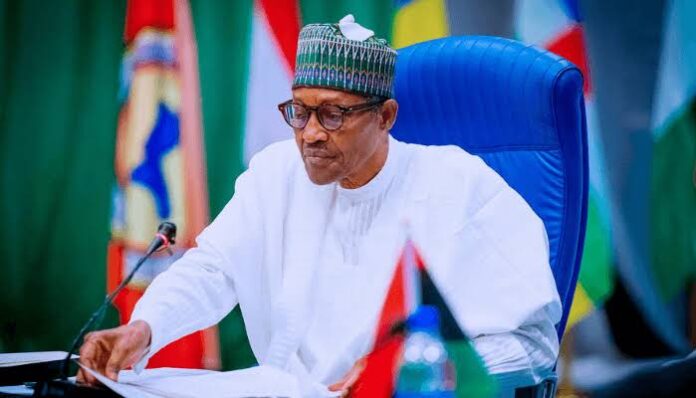By Abdul Lawal
With $1.5bn World Bank in its kitty and hopeful of another $1.5bn from the ongoing talks with the US Export-Import bank, Nigeria is hopeful of raising a total of $3bn for the energy transition program in the country.
Vice President Professor Yemi Osinbajo, SAN, who revealed this at the virtual launch of Nigeria’s Energy Transition Road Map said about $10bn would be required at an early stage of the program and pointed out that with the involvement of the World Bank and US Export-Import bank, Nigeria is hopeful of raising $3bn before COP27 climate talks later in 2022.
Speaking at the launching, Nigeria’s World Bank Country Director, Shubham Chaudhuri, said:
“We plan to commit over $1.5 billion towards the Energy Transition Plan on renewable energy, on power sector reforms, on clean cooking, and wherever opportunities arise,
Also speaking, the CEO, Sun Africa, Adam Cortese, said: “The launch of Nigeria’s Energy Transition Plan has further accelerated our efforts, proving Nigeria to be fertile grounds for investments in the sector. We are in the final stages of discussion with US EXIM Bank on a USD 1.5 billion financing package,”
The event had in attendance, several government officials, private sector partners, development finance institutions, philanthropies, and international organizations. Observers said the event showcased Nigeria’s political leadership in the global energy sector, especially on the African Continent, and demonstrates the willingness and capacity of the global community in supporting a just, equitable and inclusive energy transition.
President Muhammadu Buhari had at the COP26 held in Glasgow in 2021 announced Nigeria’s ambition to achieve net-zero by 2060 drawing on insights from the country’s Energy Transition Plan which was developed through the Energy Transition Commission to chart out Nigeria’s unique energy transition pathway.
Osinbajo explained that the Energy Transition Plan supports Nigeria’s objectives of achieving universal access to energy by 2030 and a carbon-neutral energy system by 2060, as well as ensuring the provision of enough energy to the power industry and other productive activities across the country. The Plan he said was supported by Sustainable Energy for All and the COP26 Energy Transition Council (ETC).
According to him, the Transition plan is supported by sustainable Energy and the CO26 Energy Transition Council.” Given the urgency for accelerated action on climate aligned with the Paris Agreement, Nigeria is looking for more partners in innovation and finance at scale to enable a stable transition in energy markets and bottom-up transition pathways across energy markets, adaptation and resilience, nature-based solutions, clean cooking, gender, and green jobs.”
“For Africa, the problem of energy poverty is as important as our climate ambitions. Energy use is crucial for almost every conceivable aspect of development,” he stated.
Osinbajo said that every African country has signed the Paris Agreement and some, including Nigeria, have announced net-zero pledges, but that lack of electricity or power “hurts livelihoods and destroys the dreams of hundreds of millions of young people in the continent.
“For Africa, the problem of energy poverty is as important as our climate ambitions,” Osinbajo said in the address. “Energy use is crucial for almost every conceivable aspect of development — wealth, health, nutrition, water, infrastructure, education, and life expectancy.”
Nigeria’s energy transition plan is designed to lift 100 million people out of poverty in a decade, drive economic growth, bring modern energy services to the people, and manage the expected long-term job losses in the oil sector due to global decarbonization.
An analysis of the Energy Transition Plan shows that Nigeria needs $410 billion above business-as-usual spending across the economy, which reports say would translate to about $10 billion per year through to 2060 in order to achieve its objectives.
Nigeria has championed the cause for a just, equitable, and inclusive energy transition in its role as Global Theme Champion on Energy Transition at the UN High-Level Dialogue on Energy (HLDE), and submitted an ambitious UN Energy Compact which featured its immediate priorities to electrify 25 million people across 5 million homes and leverage natural gas resources to address access to clean cooking by 2027.
Osinbajo stressed that this ambition is backed by an integrated energy planning tool launched earlier this year which demonstrates how Nigeria will utilize geospatial data and modeling to identify the mix of technologies and the spending required to achieve universal energy access.

